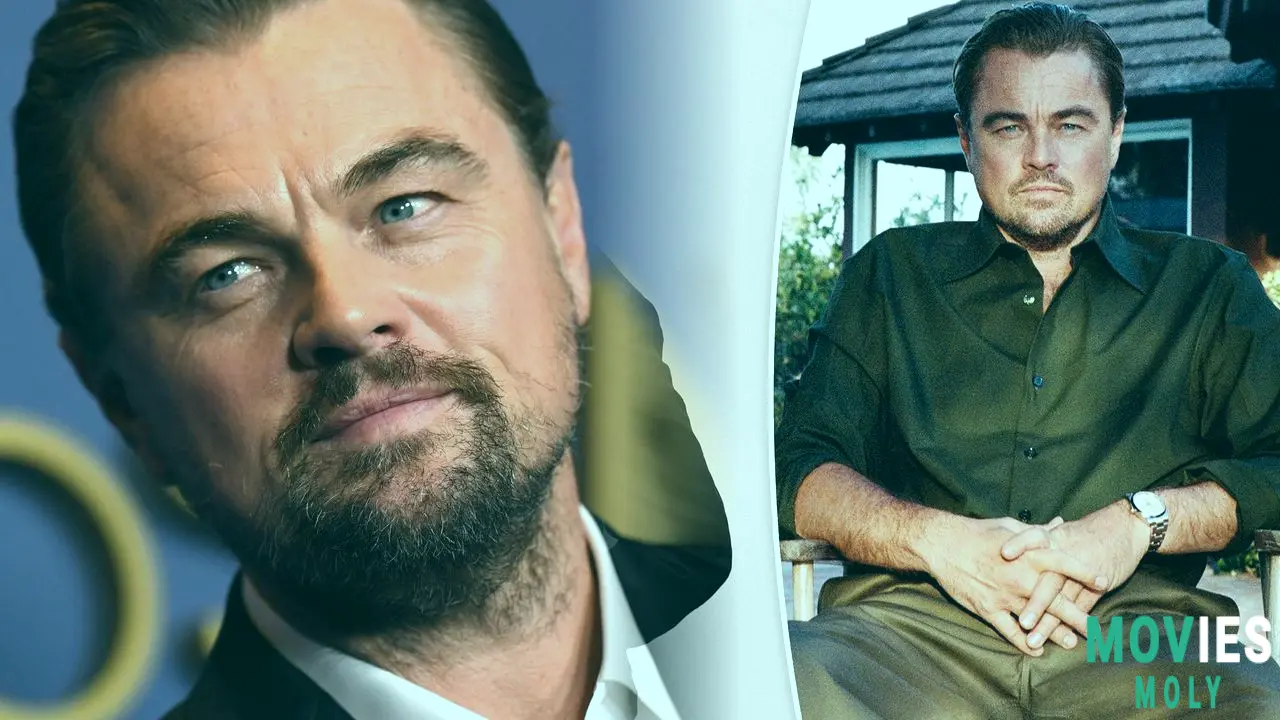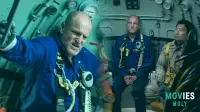Over the last three decades, Leonardo DiCaprio has carved up one of Hollywood's most outstanding filmographies, working with prominent directors such as Martin Scorsese and Quentin Tarantino. Nonetheless, even an actor with such a successful career considers a single decision to be his greatest professional regret. That decision concerns Paul Thomas Anderson's 1997 picture Boogie Nights.
DiCaprio's recent admission has spurred new debate about the film, its lasting impact, and the complex interplay between an actor's choices and their long-term professional path. It's a look back at a watershed event that may have altered Hollywood history for one of its most famous stars.
The Confession: Why Does 'Boogie Nights' Haunt DiCaprio?Esquire Interview: Unpacking the Revelation
In a recent Esquire interview with Paul Thomas Anderson, Leonardo DiCaprio frankly acknowledged his one major professional regret. The chat took place when the two were discussing their future collaboration, One Battle After Another.
"I'll say it even though you're here: My biggest regret is not doing Boogie Nights," said the actor. "It was a remarkable film for my generation. I can't fathom anyone other than Mark [Wahlberg] in it. When I eventually saw the film, I thought it was a masterpiece."
DiCaprio then addressed Anderson directly, recognizing the irony of the director's question regarding regrets given that Boogie Nights was the project he turned down.
"It's ironic that you're the person asking that question [about regrets], but it's true."
DiCaprio praises the film's profundity.
DiCaprio's words go beyond simply recognizing a squandered opportunity. He refers to Boogie Nights as a "profound movie of my generation" and a "masterpiece." This glowing acclaim emphasizes the film's cultural significance and its lasting impact on many who saw it, including DiCaprio himself, even from afar.
The actor's appreciation for the film, although not appearing in it, speaks much about its excellence and Paul Thomas Anderson's distinct vision. It implies an appreciation of a work that captures a specific moment and theme with exceptional competence.
The 'Titanic' Conundrum: A Schedule Conflict
Leonardo DiCaprio's Boogie Nights regret is well-documented: a scheduling clash with James Cameron's Titanic. At the time, Titanic was a large production that required a significant commitment from its key actors. DiCaprio chose to play Jack Dawson, a role that would propel him to international renown.
While Titanic became a global sensation and one of the most successful films of all time, the decision meant giving up the part of Dirk Diggler. DiCaprio has already mused on this decision, considering the various courses his career could have taken.
"I am not suggesting I would have chosen Boogie Nights over Titanic. However, it would have resulted in a different career path. I believe they're both fantastic, and I wish I could have done both.
This attitude reflects a desire to have participated in both projects, recognizing their unique artistic merits and career consequences.
A Masterpiece of Its Generation: Understanding the Enduring Appeal of 'Boogie Nights'
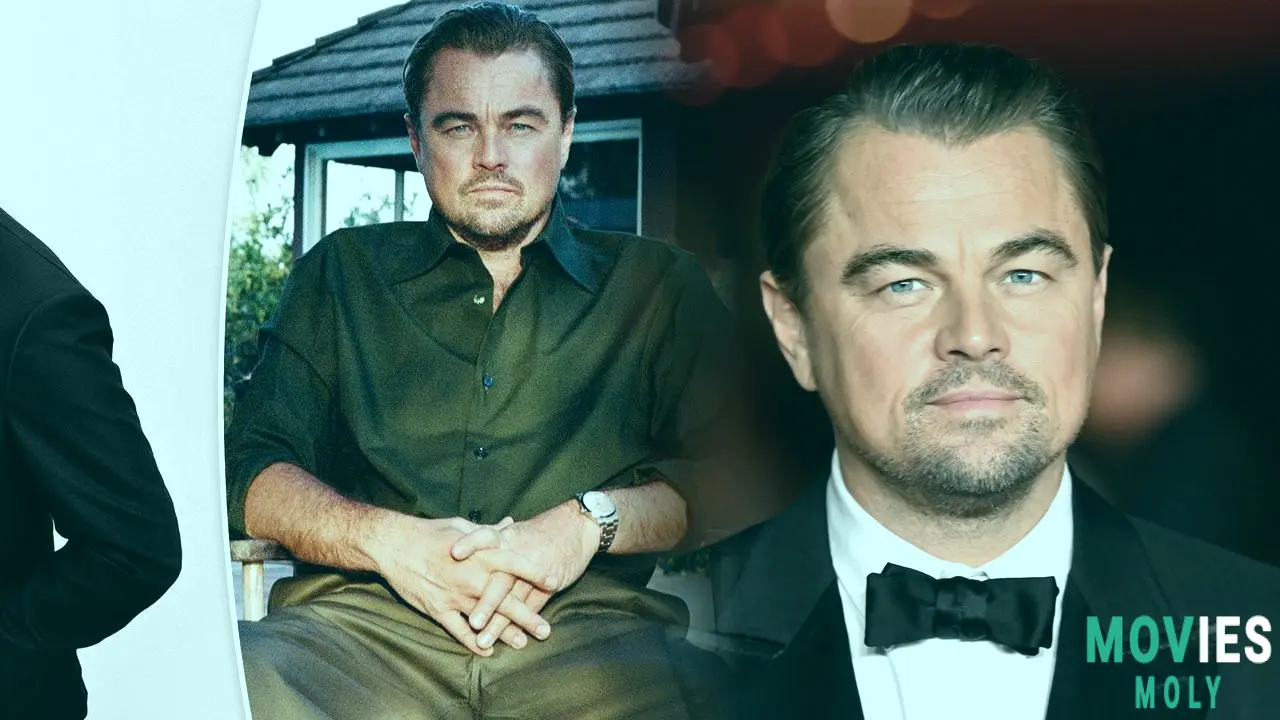
Boogie Nights is largely regarded as a modern American masterpiece, and it helped solidify Paul Thomas Anderson's position as a prominent directorial voice. Its critical praise originates from its in-depth character studies, distinct visual style, and unflinching yet sympathetic presentation of a specific society.
The film delves into themes of chosen family, ambition, the quest of celebrity, and the unavoidable fallout that frequently follows excess. It's a vast story that's both funny and poignant, portraying the artificiality and genuine human connection of the adult film industry in the late 1970s and early 1980s.
Anderson's direction is frequently lauded for its long, fluid takes, brilliant color palette, and ability to manage a huge ensemble cast. The script is filled with memorable dialogue and complicated relationships, allowing the actors to give compelling performances that will reverberate long after the credits roll.
From Dirk Diggler to Jack Dawson: A Crucial Career Crossroads
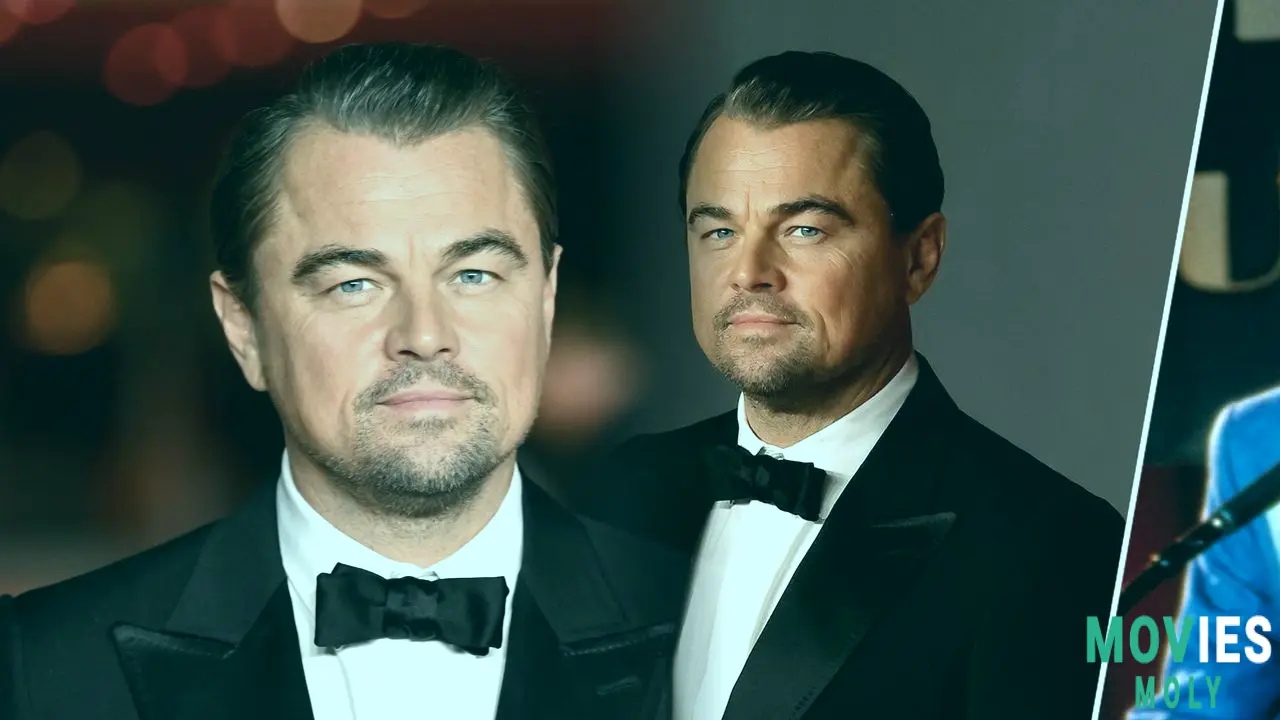
Leonardo DiCaprio's decision between Boogie Nights and Titanic represented a watershed moment. Titanic provided an obvious path to global recognition and romantic lead status, whereas Boogie Nights offered a grittier, more character-driven opportunity that may have cemented his image as a serious dramatic actor even earlier.
After the Titanic, DiCaprio became an international figure, a darling whose every move was scrutinized. This level of celebrity enabled him to be extremely picky about his subsequent parts, frequently picking nuanced, challenging characters in films directed by respected filmmakers. His career history, notably his partnerships with Martin Scorsese on films such as The Aviator, demonstrates a persistent commitment to demanding acting work.
The Aviator was the first time as an actor I got to feel implicitly part of the production, rather than merely an actor paid to portray a job. I felt accountable in a completely new sense.
This statement by DiCaprio reflects a transition in his approach to filmmaking, with a focus on more collaborative and responsible responsibilities in production, which was undoubtedly facilitated by Titanic's popularity.
Mark Wahlberg's Iconic Performance: Filling DiCaprio's Shoes.
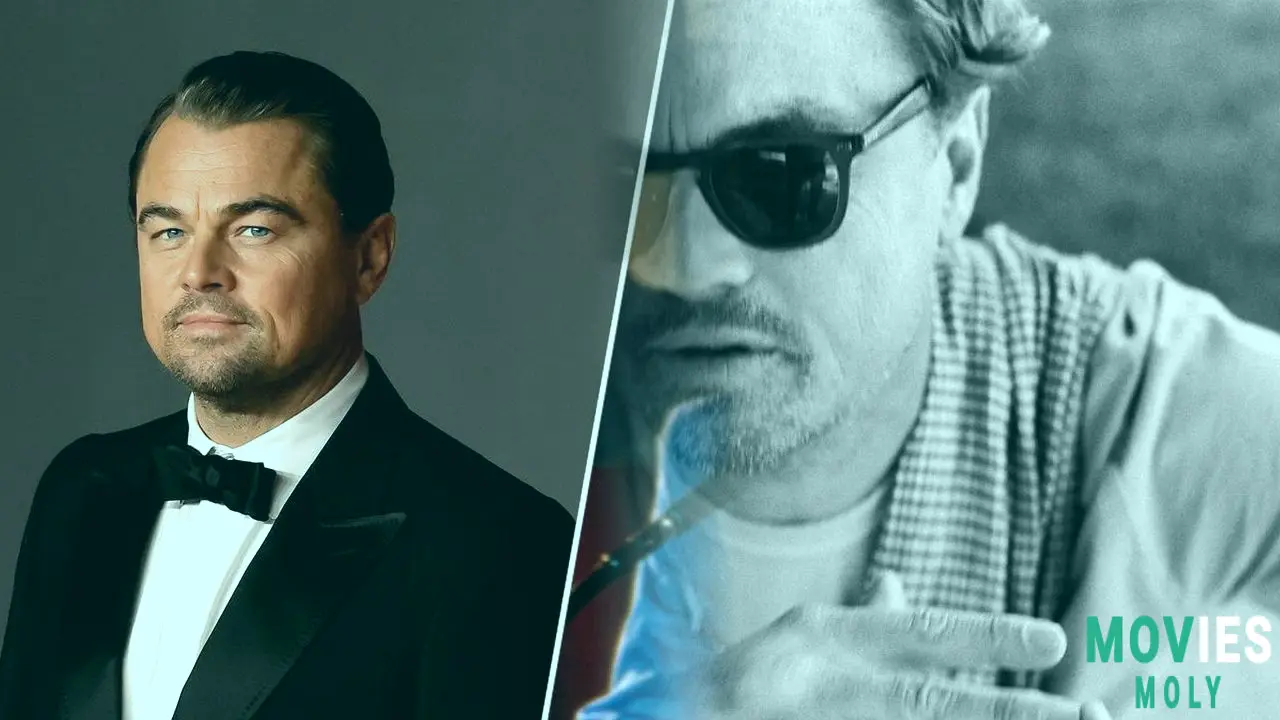
Mark Wahlberg took over the role of Dirk Diggler after Leonardo DiCaprio left. At the time, Wahlberg was most known for his music career as Marky Mark and his previous acting performances. Boogie Nights was a game-changer for him, demonstrating his dramatic acting ability.
Wahlberg's performance of Eddie Adams, later Dirk Diggler, conveyed the character's initial naiveté, rise to popularity, and eventual demise with a captivating blend of tenderness and swagger. It was a physically and emotionally taxing performance, forcing him to carry the majority of the film's narrative weight.
Wahlberg's Personal Reflections on the Role
Interestingly, Mark Wahlberg has reflected on his Boogie Nights experience, but from a different angle. As he has matured and concentrated on his faith and family, he has expressed some reservations about the film's message.
"Boogie Nights is near the top of the list [of poor picks]. I don't want to compromise my artistic integrity or decisions because of my faith or family, but there are other factors to consider."
This demonstrates how a film's impact on an actor may change with time, even for a role that was once considered career-defining.
Paul Thomas Anderson, the Director Behind the Regret
Paul Thomas Anderson was only 27 when Boogie Nights was launched. The film follows his breakthrough movie, Hard Eight (also known as Sydney). Boogie Nights was a daring, ambitious undertaking that quickly established Anderson as a unique voice in American cinema.
PTA's Vision: Creating a Cult Classic.
The film's vast plot, extended takes, and deep character work exemplified Anderson's distinct directing approach. He created a universe that felt both authentic and stylized, with outstanding performances from a big ensemble cast. Boogie Nights was a critical success, getting three Academy Award nominations and establishing Anderson as one of the most acclaimed filmmakers of his generation.
The success of Boogie Nights enabled Anderson to continue following his distinct artistic vision, resulting in critically praised films such as Magnolia, There Will Be Blood, and The Master. His early career displayed a willingness to take on complex issues and push cinematic boundaries, which continues to define his work.
Beyond Regret: DiCaprio's Evolving Career Philosophy
DiCaprio's guilt about Boogie Nights is hardly an uncommon instance in Hollywood. There are many well-known "what-ifs" in the casting industry. Actors frequently pass up roles that become famous for others, and vice versa. Harrison Ford famously declined the role in Blade Runner before accepting it, and Tom Hanks passed on Jerry Maguire.
Where Do Hollywood's Famous Casting Regrets Rank?
DiCaprio's remorse is notable because Boogie Nights is so well-regarded, and his career has been constantly profitable. It serves as a reminder that even the most deliberate career decisions might allow for consideration of alternate courses. His willingness to freely express this demonstrates maturity and trust in his own cinema.
His recent collaboration with Paul Thomas Anderson on One Battle After Another completes this saga, allowing the two artists to work together after decades apart. This partnership indicates a desire to work with filmmakers whose artistic vision he admires, which has guided many of his best selections.
The Legacy of 'Boogie Nights': More Than a Porn DramaBoogie Nights went beyond its subject matter to make a profound message about the American dream, the nature of performance, and the need for belonging. It's a film that takes the adult film industry as a microcosm to investigate universal human issues.
Themes and Characters: What Made 'Boogie Nights' Standout
The characters in the film are genuinely real and multifaceted, ranging from the ambitious Dirk Diggler to the nurturing Amber Waves and the unstable Jack Horner. They are not caricatures, but rather individuals searching for connection and meaning in a world that frequently exploits them. The film's narrative framework, which follows the rise and fall of its protagonists, lends it a tragic yet uplifting tone.
Finally, Boogie Nights remains a film that resonates due to its artistic worth and capacity to elicit thinking and emotion. DiCaprio's remorse simply adds to its rich history, emphasizing its long-lasting impact on both spectators and artists who appreciate its special place in cinema.

